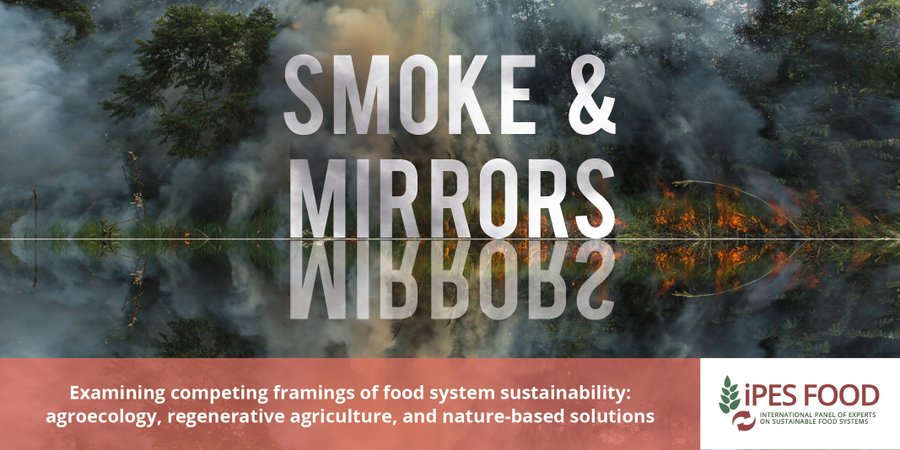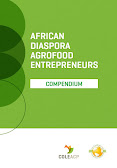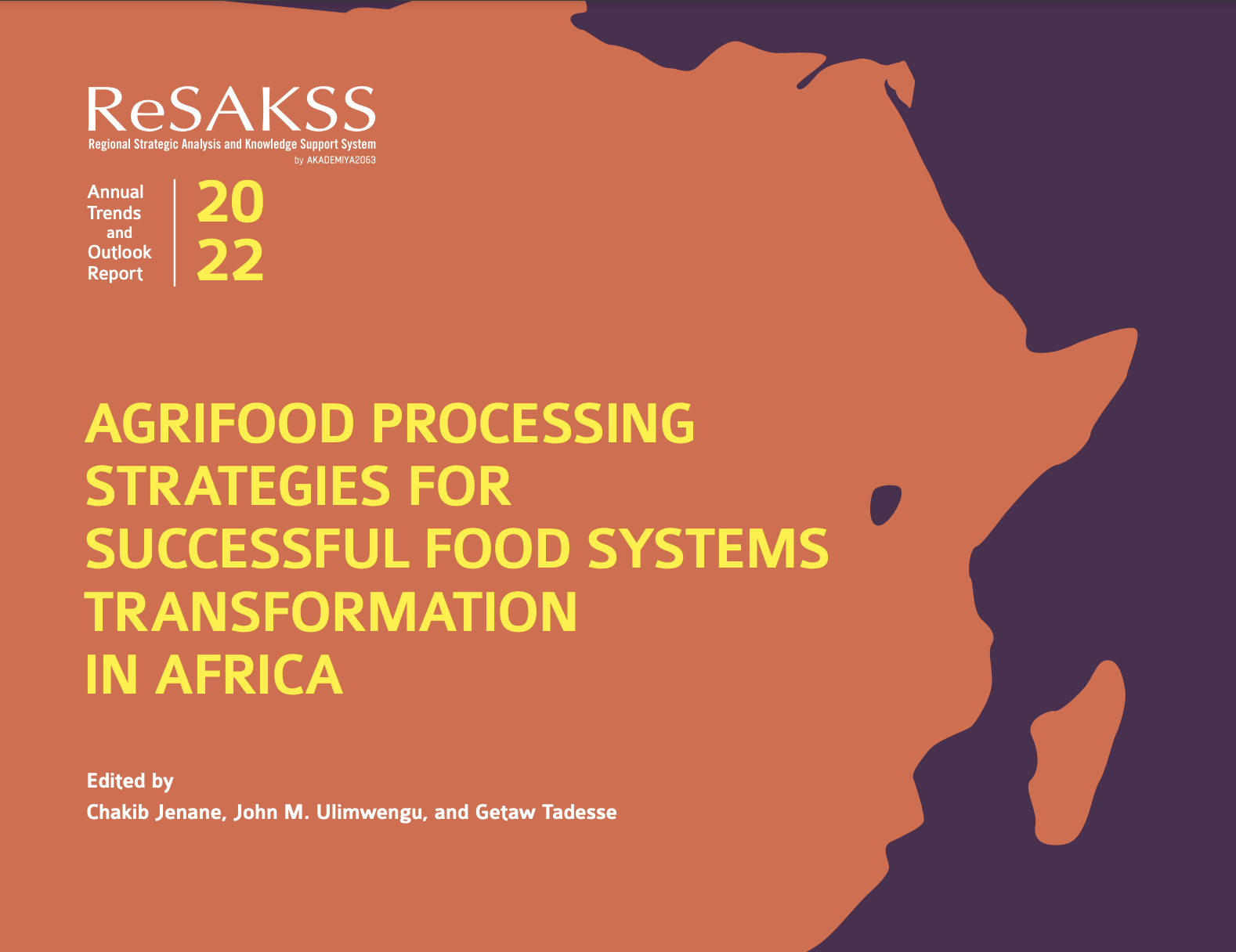- The study—guided by the BIFAD Subcommittee on Systemic Solutions for Climate Change Adaptation and Mitigation in Agriculture, Nutrition, and Food Systems and expected to be finalized in spring 2023—aims to inform BIFAD’s advice to USAID on program design and targets to achieve transformative, systemic change and climate finance scaling for the agriculture, food, and nutrition sectors.
- Related PAEPARD blogpost: USAID: Transformative Pathways Toward a Climate-Resilient Agricultural, Food, and Nutrition System
- In the past five years, early-stage investors have pumped more than $1 billion into African startups innovating for the food and agriculture industry, achieving a record-breaking $482 million in 2021 alone.
- That was a 250% jump year-over-year, but still represents less than 1% of global agrifoodtech investment.
- ‘Agroecology’, ‘nature-based solutions’ and ‘regenerative agriculture’ are competing concepts for attention. But, while often grouped together, they can imply very different things. ‘Nature-based solutions’ are rapidly gaining traction in international summits. But the concept lacks an agreed definition and a transformative vision. And it is often bundled with risky, unproven carbon offsetting schemes. The result is dilution of food system transformation.
- Related PAEPARD blogpost: Competing framings of food system sustainability in global policy and funding spaces.
- Whereas remittances from the African Diaspora are globally acknowledged as contributing to the economic and social wellbeing of Africans, their investment as entrepreneurs is yet to gain the same recognition. Many of these self-sponsored entrepreneurial projects remain mainly under the radar of policy-making decisions of governments and development and financial agencies.
- Related PAEPARD blogpost: Compendium African Diaspora Agrofood Entrepreneurs
- The publication features success stories from: 1.) Tanzania 2.) China 3.) Japan 4.) Italy 5.) Spain 5.) Peru and 6.) Algeria
- Related PAEPARD blogpost: Book: 20 years of Globally Important Agricultural Heritage Systems
- The report uses available cross-country data and case studies from value chains throughout the continent to provide an overview of recent growth in the processing sector and the performance, structure, and major constraints of key processing subsectors.
- The report discusses the challenges that prevent small and informal agrifood processing firms from growing and formalizing, examining required policies and strategies to strengthen the sector.
- Related PAEPARD blogpost: Contribution of the agrifood processing sector to successful food systems transformation in Africa
- Prepared by the Task Force of the Ad of the Bureau of the High-- hoc Innovation Agenda Working Group Level Policy Dialogue (HLPD) on Science, Technology and Innovation (STI) October 2022
- A stakeholder consultation process was initiated in 2022, which aims at gathering feedback and input from citizens and organisations on the working document of AU-EU Innovation Agenda by the means of an online public consultation and a Stakeholder Event, to take place on 23 and 24 November 2022 in Nairobi, Kenya.
- Related PAEPARD blogpost: Commission publishes results of public consultation on EU-Africa Innovation Agenda
- This report introduces the vision, rationale, scope and methods for new knowledge products FAO will launch as part of a new Agrifood System Technologies and Innovations Outlook (ATIO).
- Related PAEPARD blogpost: FAO Science and Innovation Forum 2022 (3)
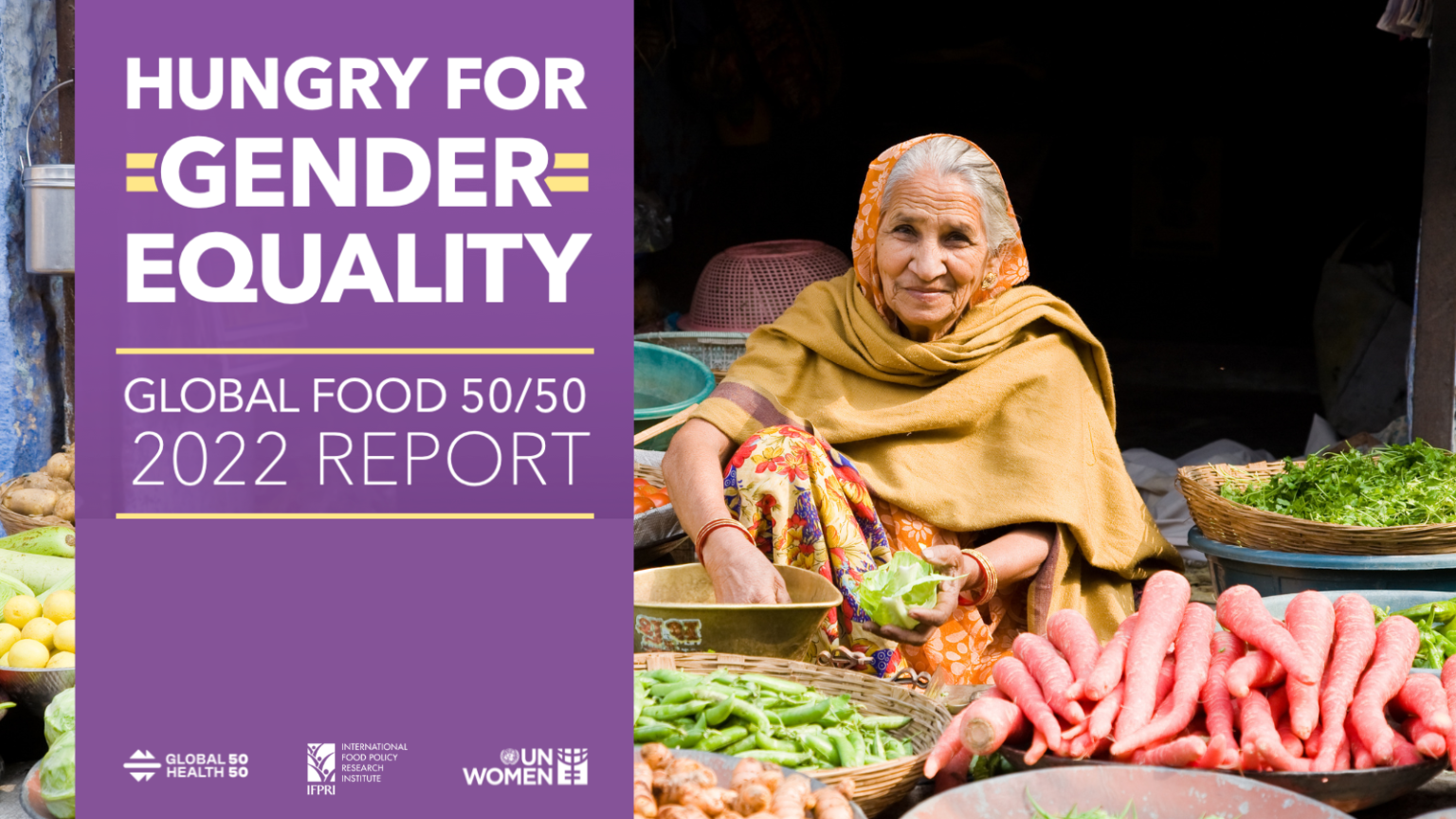 The 2022 report shows that gender and geographic diversity are severely lacking in the boards of major global food organizations, with leadership positions dominated by men from the global north.
The 2022 report shows that gender and geographic diversity are severely lacking in the boards of major global food organizations, with leadership positions dominated by men from the global north. - The review of board composition of the 24 organizations that were included in the analysis of board members showed that more than 70% of board seats are held by nationals of high-income countries. Just 8% of board seats are held by women from low- and middle-income countries.
- Related PAEPARD blogpost: 2022 Borlaug Dialogue
- Food security has also been adversely affected by disrupted supply chains. In particular, developing countries reliant on food imports face serious challenges due to record high prices.
- Related PAEPARD blogpost: INTPA InfoPoint conference: The European Green Deal and the crisis in Ukraine
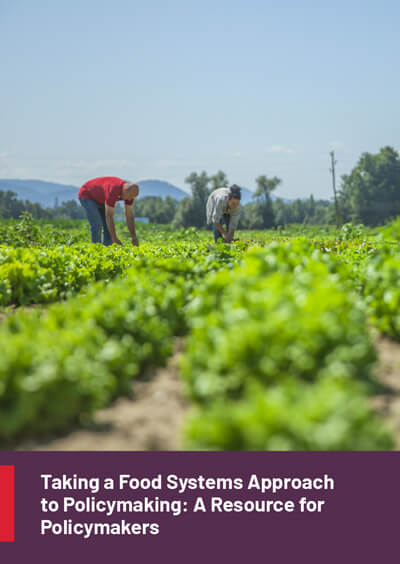 Taking A Food Systems Approach To Policymaking: Evidence On Benefits And Risks In Five Policy Areas Across The Food System # 77 p.
Taking A Food Systems Approach To Policymaking: Evidence On Benefits And Risks In Five Policy Areas Across The Food System # 77 p.- Taking a Food Systems Approach to Policymaking is a package of resources produced by the Centre for Food Policy at City, University of London, and Results for Development (R4D), supported by an international Advisory Group of practitioners.
- It consists of four briefs to answer this question: BRIEF I (# 9 p.) Taking a Food Systems Approach to Policymaking: What, How, and Why / BRIEF II (# 12 p.) Taking a Food Systems Approach to Policymaking: Managing Stakeholders and Identifying Policy Entry Points / BRIEF III (# 10 p.)Taking a Food Systems Approach to Policymaking: Developing a Shared Agenda / BRIEF IV (# 10 p.) Taking a Food Systems Approach to Policymaking: Costing and Financing
- Related PAEPARD blogpost: Taking a Food Systems Approach to Policymaking



